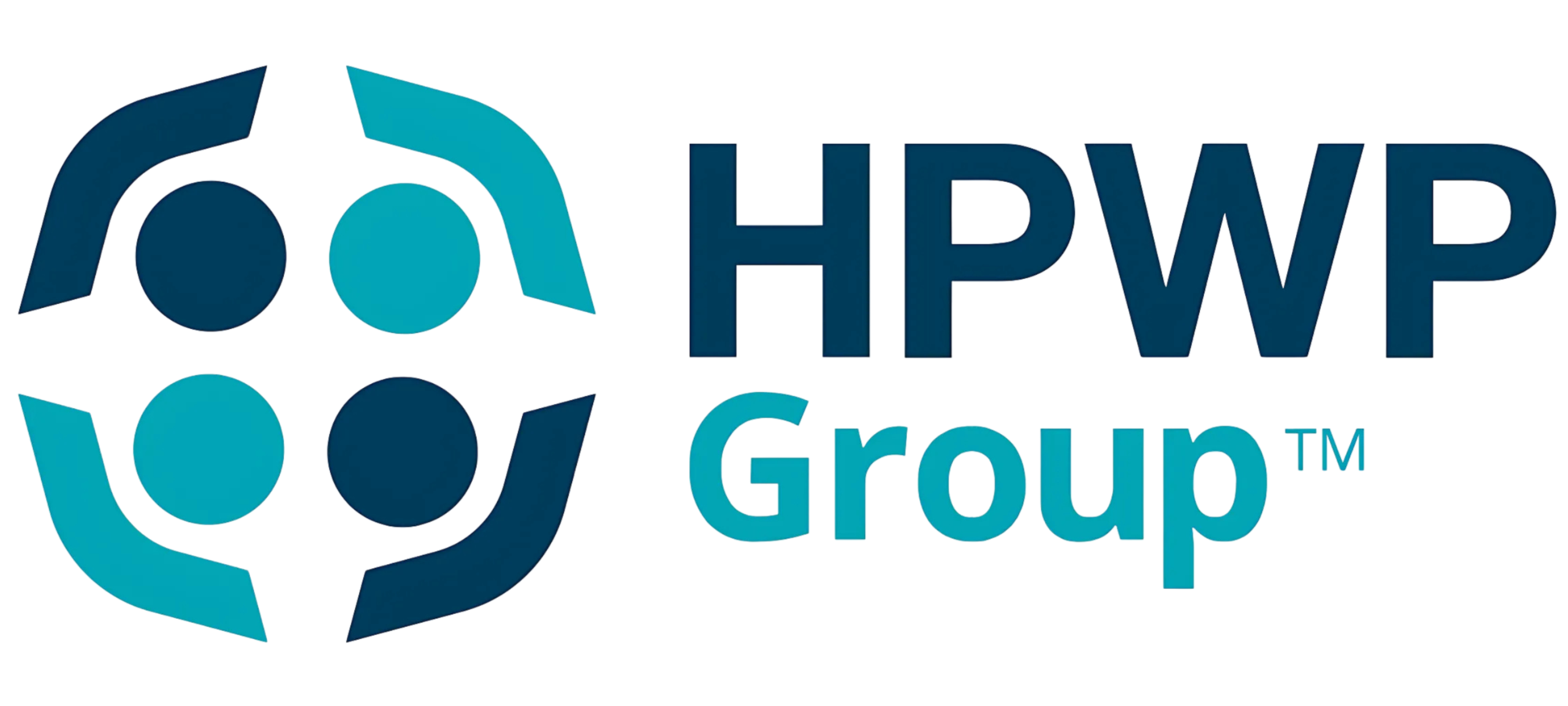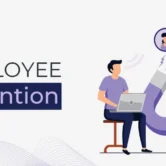Have you decided to “quietly quit”?

An article about quiet quitting was recently the most read story all week at the Wall Street Journal website. Wanting to know more, I watched Michael Smirconish interview Paige West, a former engineering consultant who left the corporate world and has many YouTube videos on the subject. In this interview, she is clear that the quitting part of silent quitting does not mean doing the minimum at work – at least for her. She states it is letting go of the stress of trying to do 1000% in an attempt to move up the corporate ladder and – instead — looking for fulfillment.
Quiet quitting, in its most literal definition, has always existed. We all know people who have “retired in the job” or only do the bare minimum. We call some of these people 5%ers because they are the minority of workers who don’t care about the company, aren’t trustworthy, and do as little as possible while trying to get away with as much as possible. However, there are many good people who have been so de-valued in their work culture that they simply do what’s necessary to survive. There’s nothing much organizations can do with the 5%ers (except not hire them), but there’s now a second chance for survivors.
Employee engagement and company loyalty have continued to decrease. This is not about the people – it’s about the culture of the corporate world. People of every generation are looking for fulfillment. Fulfillment can be found in both work and life.
. “Work” and “Life” have been separated for a long time. Phrases like work life balance emphasize the separation.
We believe we’ve moved into an era of WorkLife Transformation. With more flexibility and more opportunities, people can choose how to spend their time doing what is more fulfilling to them. In progressive companies, people no longer feel the need to play one role at work and a different role (being more themselves) at home. Many are opting to try their hand at gig work if their company doesn’t recognize the need to distribute power, encourage innovation in meaningful ways and treat employees as the unique humans they are.
The tide has turned and employees have a stronger position in choosing how and where they want to work. Think about what is fulfilling and meaningful to you – in work and personal life – because now you have the opportunity to choose.
LI Post (need picture)
Quiet quitting, in its most literal definition, has always existed. We all know people who have “retired in the job” or only do the bare minimum. But is that what it means today? Or is it the opportunity to look at broader work/life choices?













